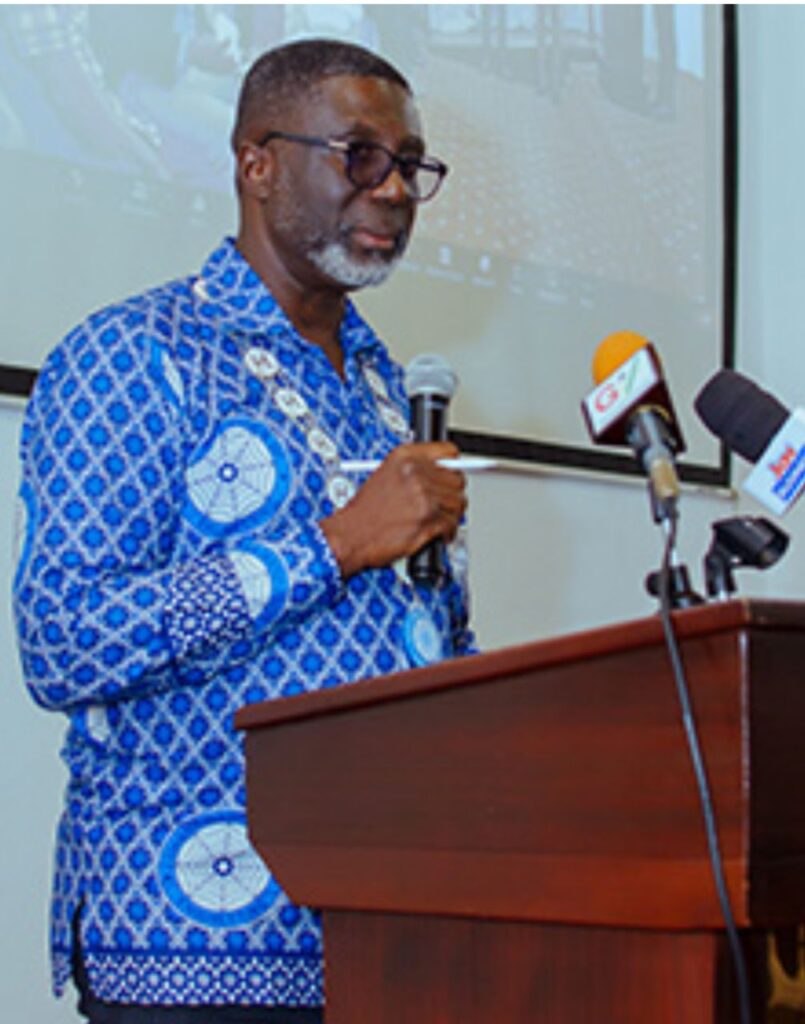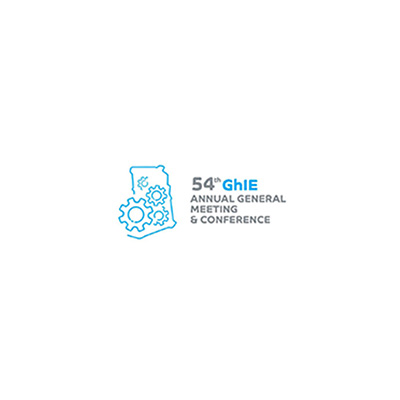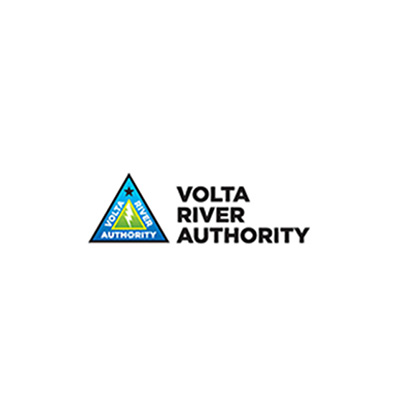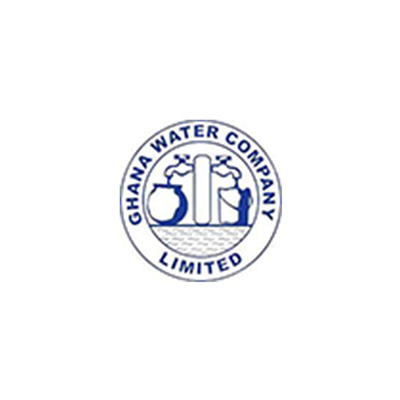BE BOLD AND COURAGEOUS HON. SAM OKUDZETO CHARGES ENGINEERING PRACTITIONERS
March 19, 2024


As Ghana approaches the peak of its rainy season, the Ghana Institution of Engineering (GhIE) is expressing significant concern regarding the potential for flooding in the nation’s major cities.
The convergence of inadequate drainage systems, incomplete urban development, and the effects of climate change increase the risk of severe flooding that can lead to loss of life, property damage, and widespread disruption.
The GhIE thus recognises that while efforts have been made in some areas to improve infrastructure and prepare for annual rainfalls, many urban areas remain unprepared for the heightened likelihood of flooding brought on by climate variability and increasingly intense rain patterns. The need for comprehensive flood management strategies is urgent and must be prioritised by both local and national authorities.
The GhIE made the following recommendations, This included Infrastructure Maintenance where it called for immediate steps to be taken by Metropolitan/District Assemblies (MDAs) to repair and desilt existing drainage structures prone to overflow and blockage.
Another is Public Education, saying, it is crucial that MDAs in collaboration with the National Disaster Management Organisation (NADMO) implement extensive public education campaigns on flood safety and preparedness, through national and local media. Residents should be provided with clear information on flood prone areas, evacuation routes, the location of safe havens, emergency contacts, and measures to safeguard households during heavy rains.
Also, the need for Engagement of NADMO. It stated that NADMO must be fully engaged and resourced to manage potential disasters effectively. This includes pre-disaster planning and active deployment during emergencies to manage evacuations, provide emergency relief, and coordinate with other agencies.
It added that weather forecasting data should be communicated to the public regularly in English and Ghanaian languages by Ghana Meteorological Agency (GMET) to ensure that all understand it.
Again, there should be public participation where there is community involvement in cleaning drainages and reducing blockages can significantly mitigate the risks of flooding. MDAs should embark upon campaigns encouraging residents to keep gutters and drains free of waste should be intensified before and during the rainy season.
These proactive measures it said will help protect communities and ensure that the cities can withstand the challenges posed by severe weather conditions.
The GhIE also urged all stakeholders, including government agencies, private sector partners, and the general public, to treat this situation with the seriousness it deserves.
The GhIE called on all engineering practitioners within the Ministries, Departments and Agencies; NADMO and all other related agencies to lead in flood management efforts.
“GhIE is committed to providing support through expert advice and engineering solutions to aid in the planning and implementation of effective flood management systems. Together, we can mitigate the impact of flooding and safeguard the well-being of all residents in Ghana”.
It concluded, saying, it is dedicated to promoting and advancing the science and profession of engineering in all its disciplines, adding “GhIE represents a commitment to integrity, respect, and professional excellence within the engineering community of Ghana”.











Leave Your Comment